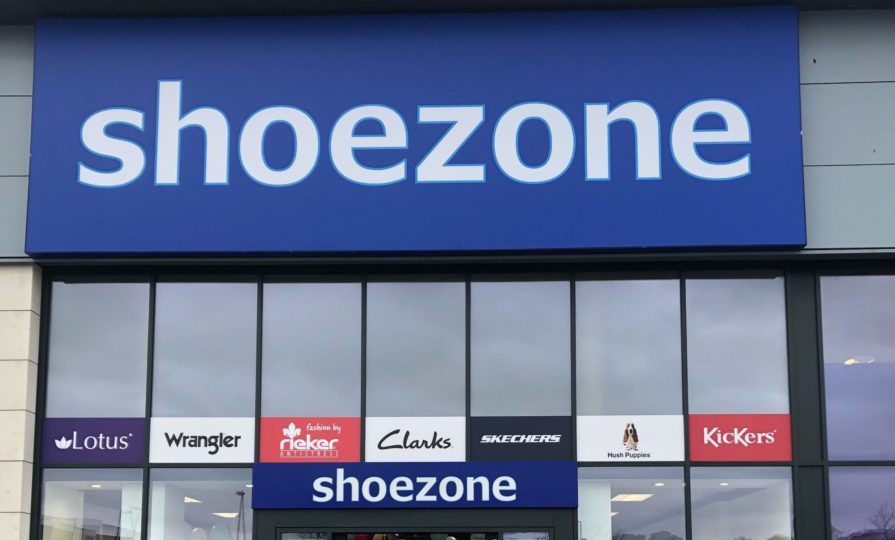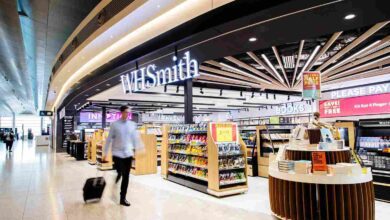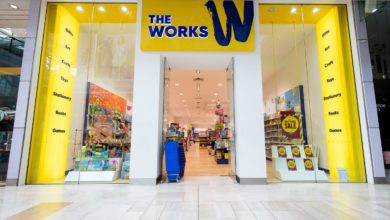Shoe Zone to make redundancies as 20 shops close

Register to get 1 free article
Reveal the article below by registering for our email newsletter.
Want unlimited access? View Plans
Already have an account? Sign in
Footwear retailer Shoe Zone has revealed that 20 of its stores will not open post-lockdown, resulting in a number of its staff being made redundant.
The news comes after the company reported a loss of £2.5m for the 26 weeks to 4 April 2020, compared with a profit of £1m in the same period last year.
Shoe Zone reported a decrease in revenues to £68.9m compared with £73m in 2019.
In the trading update, Shoe Zone said it had incurred an additional £300,000 cost in redundancy payments after the balance sheet date.
The retailer added that it had undertaken a review of freehold values held resulting in a write down of £900,000, giving an additional Covid-19 impact, not included in the first half results of £1.2m.
Shoe Zone said as a result of the coronavirus pandemic following an “extensive review” of the store portfolio it has decided to close an additional 20 stores during lockdown and will only open 470 when permitted.
It said “immediate” action was taken to reduce cash outflows including negotiations with landlords and suppliers, cancellation of final dividend, furloughing the majority of its employees and “utilising government tax deferment schemes”.
In March, Shoe Zone announced the temporary closure of its sites, following government guidelines and reopened 416 stores in England, Northern Ireland and ROI on 15 June 2020 in line with the government guidelines.
Stores in Wales will open on 28 June and Scotland will start to open on 29 June.
A statement read: “Cash remains the key focus for the business and as stated on the 29 April 2020, the immediate focus will be on rebuilding cash balances to a higher level than previously carried and repaying the debt taken on as part of the CBILS scheme whilst fulfilling other statutory obligations.
“The board remains confident that the group’s current level of funding will be sufficient to secure the future of the business, assuming that sales return to a high proportion of previous sales during the next year.”







